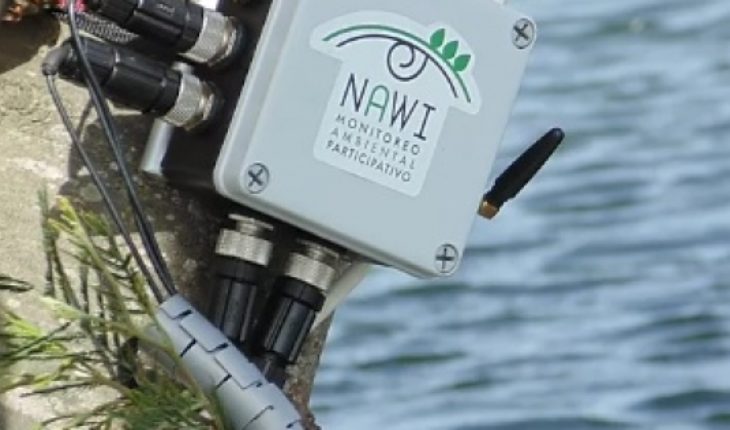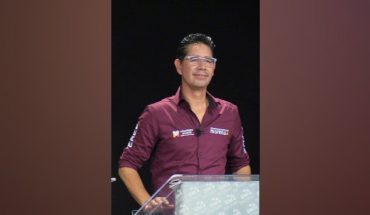The social outburst has shown inequality in a number of areas within the country, including one often ignored as environmental. This is despite the fact that many Chileans show interest in these themes. A survey conducted by Activa Research in September found that 86% of Chileans say they are very concerned about our country’s environmental issues.
One of the main problems in this regard is the lack of access to clear and quality information suffered by communities that must live with different productive activities. The lack of analysis of the impacts they produce, or how excessively technical the information being delivered, makes it difficult for the two parties to understand.
“In the context of Chile’s crisis of confidence, environmental disputes have increased considerably, which shows that compliance with environmental laws is not enough to achieve good coexistence between companies and communities,” he says Nicole Norel, founder and CEO of NAWI, an enterprise dedicated to designing environmental monitoring systems available to everyone.
To do this, the company uses new Internet of Things technologies, such as low-cost sensors and satellite image rying techniques, which allow environmental data to be automatically lifted at a cost several times less than campaigns traditional terrain, with this it is feasible to continuously monitor large areas of the territory and generate early warning systems, which allow them to learn about the problems before a socio-environmental crisis is generated.
“It’s similar to house alarms, sometimes they sound because a cat came in, so don’t panic, but if it’s good to go see what’s going on, so that in case the alarm is effective, the measurements will be taken in time” Norel says. “The most important thing is that there are agreed protocols of action between communities, local governments and businesses, in case you issue any alerts, so that any incidents are quickly verified.”
The expert explains that the installation of such preventive monitoring systems allow to know in advance of a possible environmental violation that something is not quite right. “With noise for example, companies could be warned when they are about to exceed the decibels allowed to correct the situation before it is necessary to file a complaint and issue a fine. The same is with the excess particulate material associated with construction works or drilling.”
“Our purpose is to generate bridges of rapprochement between the different actors in the territories. Protecting the ecosystem, and therefore the quality of life of all of us, is a collective task and we believe that providing clear, credible and continuous information is the first step for everyone to become aware and see how he can contribute from his side to the benef collective icio,” concludes Norel.
translated from Spanish: Chilean entrepreneurs fight environmental inequality with technology
January 14, 2020 |





